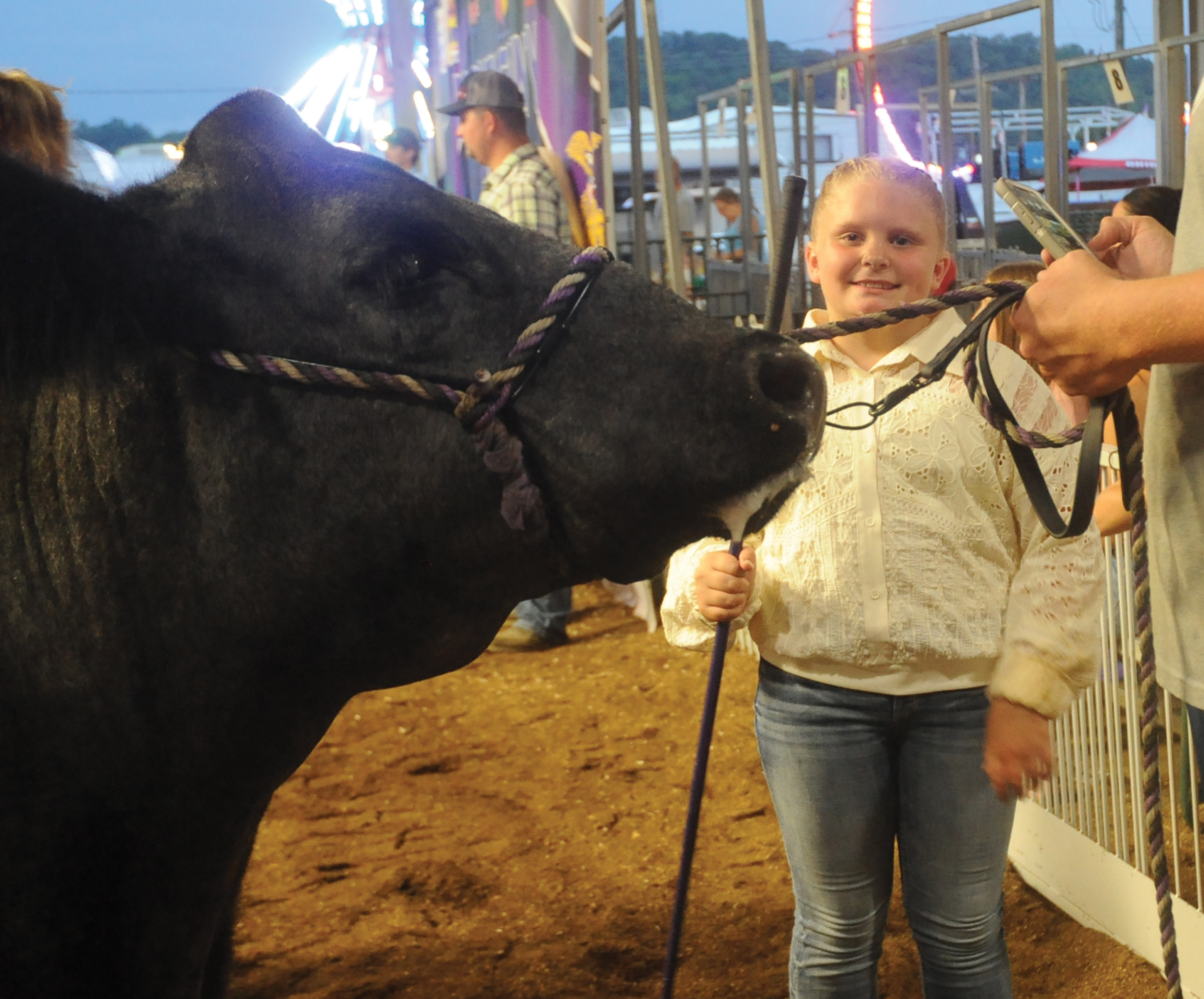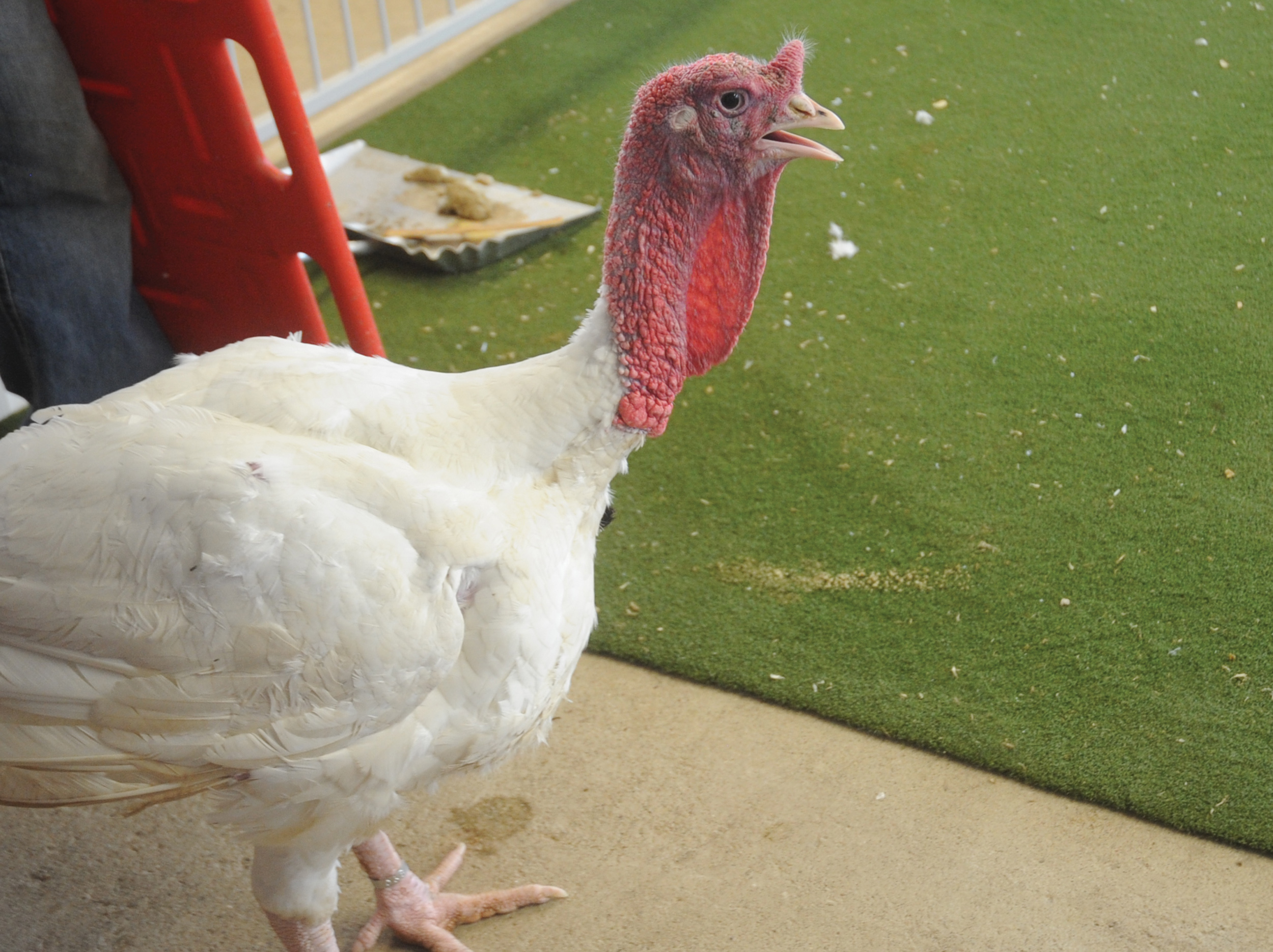Why is it necessary to grieve?
Published 12:00 am Friday, October 28, 2005
“And the children of Israel wept for Moses in the plains of Moab thirty days: so he days of weeping and mourning for Moses were ended.” Deuteronomy 34:8
Someone once said, “When words are inadequate, have a ritual.” (Anonymous). Rituals help us to express our deepest thoughts and feelings about the great events of our life. The funeral ritual is a public tradition that enables us to express our faith, beliefs and feelings about a loved one that has encountered death.
Unfortunately, we live in a society that tries to avoid mourning at all cost. We make the casket linings pale blue and pastel pink and think the aroma of the flowers will soften the blow when a loved one dies.
Trending
It is a tremendous opportunity to learn of the faithfulness of God to comfort the living. I believe that mourning is a central part of healing in grief. It is necessary to grieve if we are to find the avenue that the Lord has given to us to continue on with a real meaning in life and living.
Grieving first of all acknowledges the reality of death. There often is a mental battle that ensues upon the death of a loved one. Are they really dead? Surely there is a mistake and it must be somebody other than my loved one that has died? The battle rages to deny the fact that death now has come to our home, our family or our friends. Often times, those that avoid grieving also avoid the reality of death.
Mourning also helps us to move toward the pain of loss. Death is painful and we never like entering into a place that causes any mental or emotional distress. Dr. John Cippel once said, “If we don't say good bye, we can't go on. If we do not bury the dead the dead will bury us.”
Journeys in life often begin with painful goodbyes.
The next step is to remember the person who died.
There is a shifting that must occur from a physical relationship with the person who died to one of memory.
Trending
The more we are able to tell our story in dealing with the death the more likely we are to enhance a healing in the grief process.
We are social beings and recognized by those we have relationships with. Hence, when they die we feel that part of our identity is lost. That is why we feel like a part of us dies with our loved one. That is why we realize that when friends and family call during our time of grief they are in reality saying they will still be there even though the mutual link is now gone.
Therefore, another important part of dealing with grief is to accept kindness extended to us by others. Funerals make a social statement for the need for others to support us. They are not beneficial to the dead. They are strength for the living. It gives us the chance to mingle with those that have the compassion.
Often times we forget that even as Jesus died on the cross, His cry went forth “why hast thou forsaken me?” He did not say that because He didn't know.
He was saying that the best place we can turn for answers in grief is to the Lord. Turning to God in this hour of our life gives life greater meaning. The death of a loved one is a brush with mystery and the only one that can properly comfort us is the Lord.
Dr. Calvin Ray Evans serves as President and Director of Evangelistic Outreach Ministries. To contact Evans,
call
(740) 532-2116 or toll free at 1-800-767-8713.





